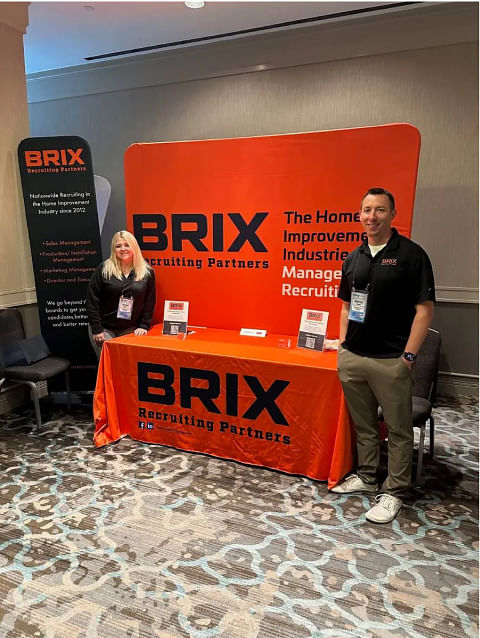Written by: Adam Vortherms
Even before the global pandemic that is currently redefining what "normal" means for the workplace, interviews and other meetings were increasingly going virtual. Virtual meetings save money, time, and space. These days, they also help keep us safe. If you haven't already, you will find yourself in a virtual interview soon.
Virtual interviews carry the same significance as traditional in-person interviews. However, it's easy to forget this vital fact when interviewing over the internet, no matter what side of the meeting you are on. Keep reading to find four keys to setting yourself up for virtual interview success, regardless of if you are a candidate or HR professional.
Test your equipment
The last thing you want is for your interview to be hindered by your technology. So, take some steps beforehand to ensure that your equipment is up to the task. Much in the way that you might've mapped out your route to your interview in pre-pandemic times, you should examine your technology thoroughly before your interview.
Test your equipment from your network on down. Make sure your internet connection is stable. If necessary, make sure that others in your household agree not to stream or otherwise endanger your bandwidth during your interview. Make sure your computer's microphone and camera are functional and complete any updates well in advance.
If you are unfamiliar with the platform where the interview will be conducted, be sure to download it as soon as possible and spend some time familiarizing yourself with it. Sign up for a professional-sounding username and give it a test run so that you are not fiddling with settings during the interview. Be sure you have the interviewer's phone number or email address in case you get cut off or interrupted.
Dress professionally
Resist the temptation to dress well only from the waist up! Getting fully dressed will put you in the right mindset to put your best foot forward and will prevent any embarrassing mishaps with a wayward camera angle or if you need to excuse yourself.
Also, take into account how your clothes appear on camera. Avoid colors that blend too much with your background or wearing articles that catch the light or might otherwise cause distraction during the interview. A loose watch or bracelet that might jangle against your desk would be an unwelcome distraction.
Prepare your virtual environment
Take some inspiration from photographers and filmmakers, and make sure your lighting works for you, not against you. The light should come from behind your webcam and shine directly on your face. However, make sure that the light isn't so bright that you are squinting.
Your camera, meanwhile, should sit at eye level. Nothing ruins a virtual interview faster than an odd angle that usually comes from below. It is distracting and unflattering. It would be best if you sat close enough so that your head and shoulders fill most of the frame. When you speak, look into your camera, not your screen, so that you give the impression that you are speaking directly to another person.
For candidates and HR professionals alike, your workspace should look as orderly as possible. Presenting a clean and tidy area in your virtual interview will go a long way to making you look like a professional. If you opt for a virtual background, make sure it is tasteful and represents you without distracting.
Lastly, never forget that body language is still very much in play when it comes to virtual interviews - try not to fidget or slouch and remember that you say much more with your actions than you do with your words. HR professionals should also keep in mind that the impression they make represents their organization as well as their professionalism.
Communicate
When it comes to communication, may of the common-sense guidelines still apply in virtual interviews. For example, don't forget your etiquette! Even though there are no handshakes involved, be sure to greet and acknowledge the candidates or interviewers. Candidates and HR professionals should still prepare questions and be ready to go, so there is no fumbling around.
Communication also takes on even more importance when it comes to virtual interviews. Particularly for HR professionals, keeping candidates informed goes a long way when face-to-face interaction is not possible. Before ending an interview, make sure you've covered things like the expected timeline of the hiring process, and if candidates can expect to hear back if they are rejected.
When done well, virtual interviews can be just as effective and powerful as in-person interviews. With a little planning, candidates and HR professionals alike can put their best foot forward in virtual meetings. Although no one can truly predict the future of work, virtual interviews are here to stay. Stay up to date on the current state of finding and retaining top talent by contacting BRIX today.


